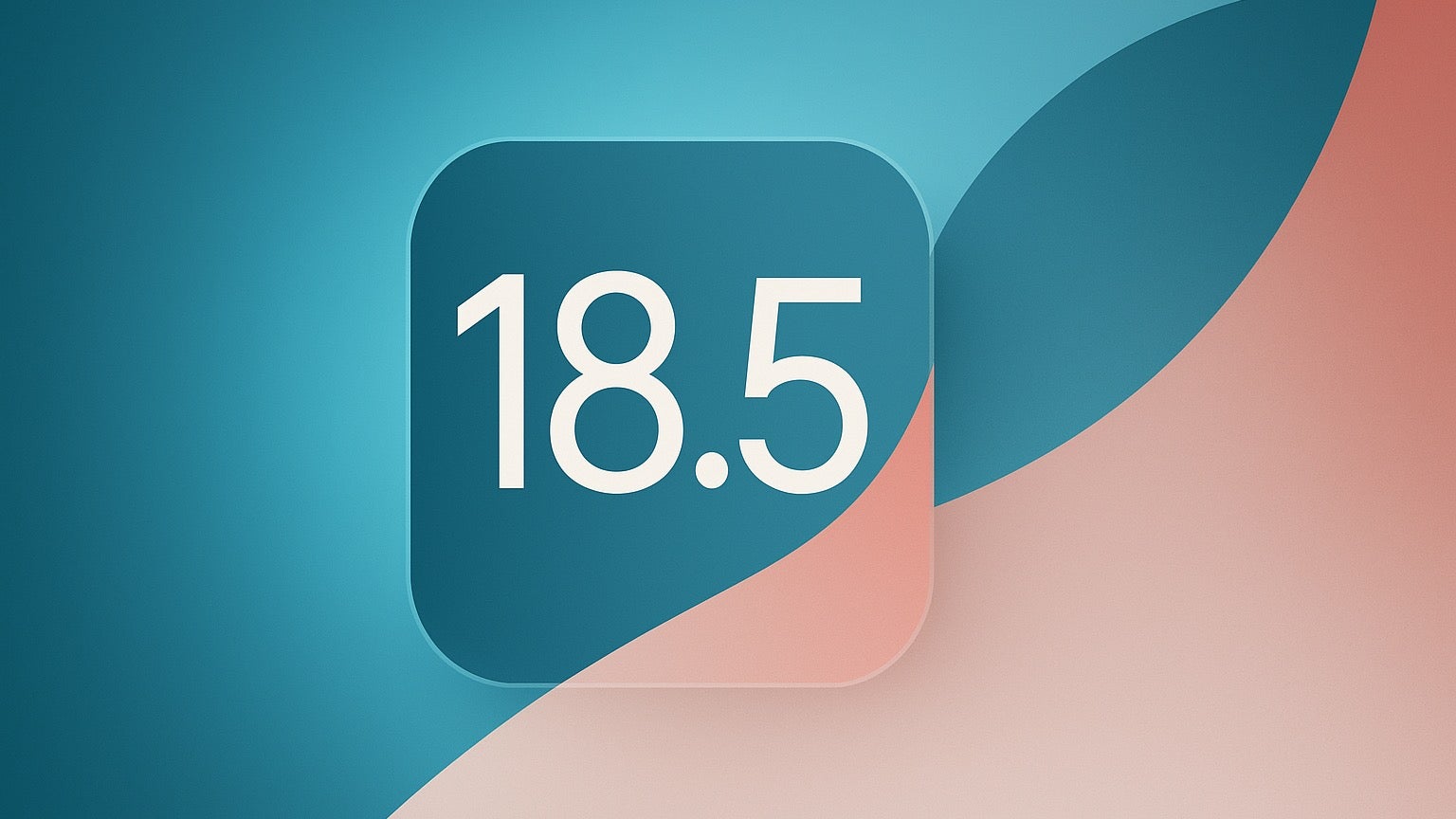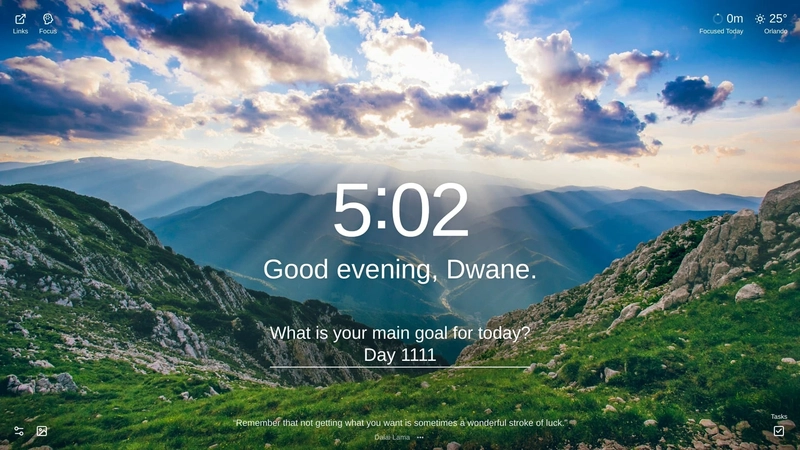Why pick Django over TypeScript stacks?
Newcomer developers tend to gravitate towards TypeScript-based frameworks like Next.js over more mature stacks like Django. Nothing wrong with TypeScript-based solutions, but as a backend developer, I find Django ticks way more boxes for most projects. You can still use React in the template layer where it makes sense to do so, but you don't need reactivity for everything. I have a new article I am working on to dive deeper into this topic and discuss some key features of Django that make it one of the best choices for web development. To whet your appetite a bit, here are some key features that make Django stand out: Mature. It's been around since 2005; hundreds of thousands of businesses are built on it. Well-designed architecture. Django uses MVT, which is similar to MVC. This allows you to separate your application logic from your templating and database logic. Batteries included. Django takes care of CSRF protection, auth and even provides a built-in admin panel. Python-powered. In the world of AI, I don't have to convince you much how powerful Python is. It's one of the most widely used and popular languages around. Despite being around for such a long time, Python still seems to constantly grow in popularity over the years, and there are plenty of libraries for just about anything you need done. All the good stuff comes standard: ORM, Console tasks, routing, templating, authentication, etc... Excellent architecture. Django is very modular and built by some of the best Python developers around, meaning that just by following the framework's guidelines, you'll already start to become a better developer. As mentioned, I will dive deeper and go over Django step-by-step in the coming weeks to help you understand why Django is a good choice and how to get started using this awesome framework. Please hit the follow button or visit me over at: KevinCoder and subscribe to the newsletter so you don't miss out when new tutorials and articles drop
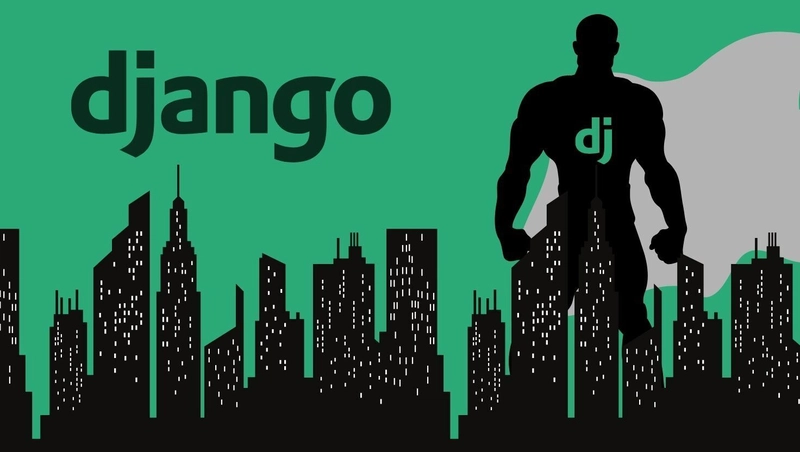
Newcomer developers tend to gravitate towards TypeScript-based frameworks like Next.js over more mature stacks like Django. Nothing wrong with TypeScript-based solutions, but as a backend developer, I find Django ticks way more boxes for most projects.
You can still use React in the template layer where it makes sense to do so, but you don't need reactivity for everything. I have a new article I am working on to dive deeper into this topic and discuss some key features of Django that make it one of the best choices for web development.
To whet your appetite a bit, here are some key features that make Django stand out:
- Mature. It's been around since 2005; hundreds of thousands of businesses are built on it.
- Well-designed architecture. Django uses MVT, which is similar to MVC. This allows you to separate your application logic from your templating and database logic.
- Batteries included. Django takes care of CSRF protection, auth and even provides a built-in admin panel.
- Python-powered. In the world of AI, I don't have to convince you much how powerful Python is. It's one of the most widely used and popular languages around. Despite being around for such a long time, Python still seems to constantly grow in popularity over the years, and there are plenty of libraries for just about anything you need done.
- All the good stuff comes standard: ORM, Console tasks, routing, templating, authentication, etc...
- Excellent architecture. Django is very modular and built by some of the best Python developers around, meaning that just by following the framework's guidelines, you'll already start to become a better developer.
As mentioned, I will dive deeper and go over Django step-by-step in the coming weeks to help you understand why Django is a good choice and how to get started using this awesome framework.
Please hit the follow button or visit me over at: KevinCoder and subscribe to the newsletter so you don't miss out when new tutorials and articles drop












































































































































































![[The AI Show Episode 142]: ChatGPT’s New Image Generator, Studio Ghibli Craze and Backlash, Gemini 2.5, OpenAI Academy, 4o Updates, Vibe Marketing & xAI Acquires X](https://www.marketingaiinstitute.com/hubfs/ep%20142%20cover.png)














































































































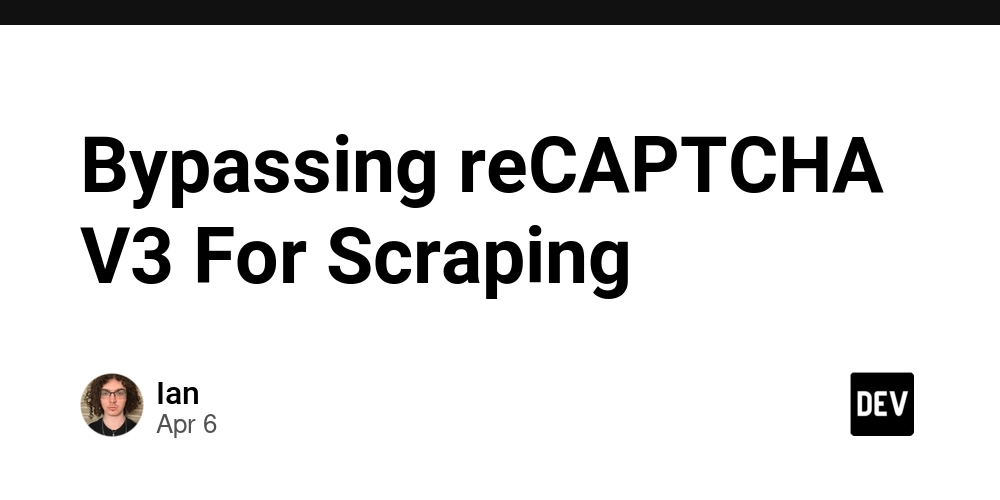


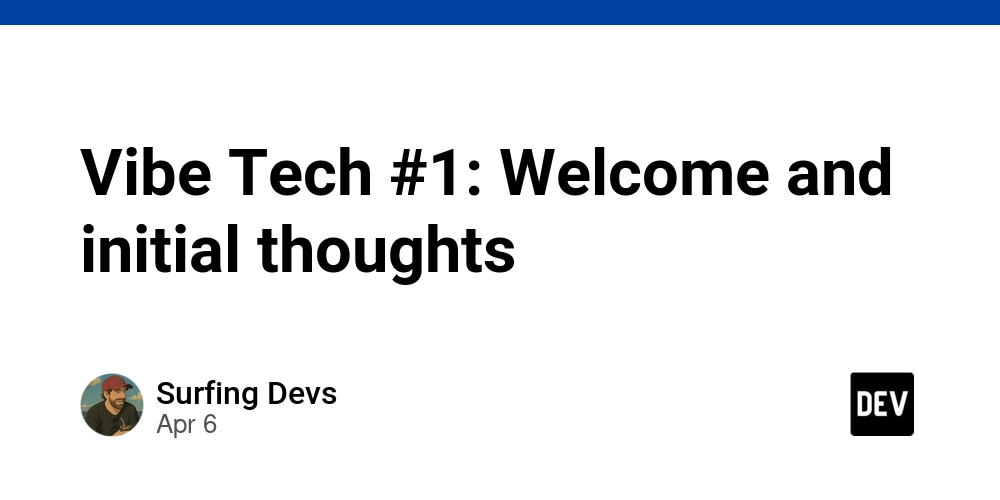









![[DEALS] The Premium Learn to Code Certification Bundle (97% off) & Other Deals Up To 98% Off – Offers End Soon!](https://www.javacodegeeks.com/wp-content/uploads/2012/12/jcg-logo.jpg)


![From drop-out to software architect with Jason Lengstorf [Podcast #167]](https://cdn.hashnode.com/res/hashnode/image/upload/v1743796461357/f3d19cd7-e6f5-4d7c-8bfc-eb974bc8da68.png?#)









































































































.png?#)

































_Christophe_Coat_Alamy.jpg?#)
 (1).webp?#)




































































































![iPhone 17 Pro Won't Feature Two-Toned Back [Gurman]](https://www.iclarified.com/images/news/96944/96944/96944-640.jpg)
![Tariffs Threaten Apple's $999 iPhone Price Point in the U.S. [Gurman]](https://www.iclarified.com/images/news/96943/96943/96943-640.jpg)





















































